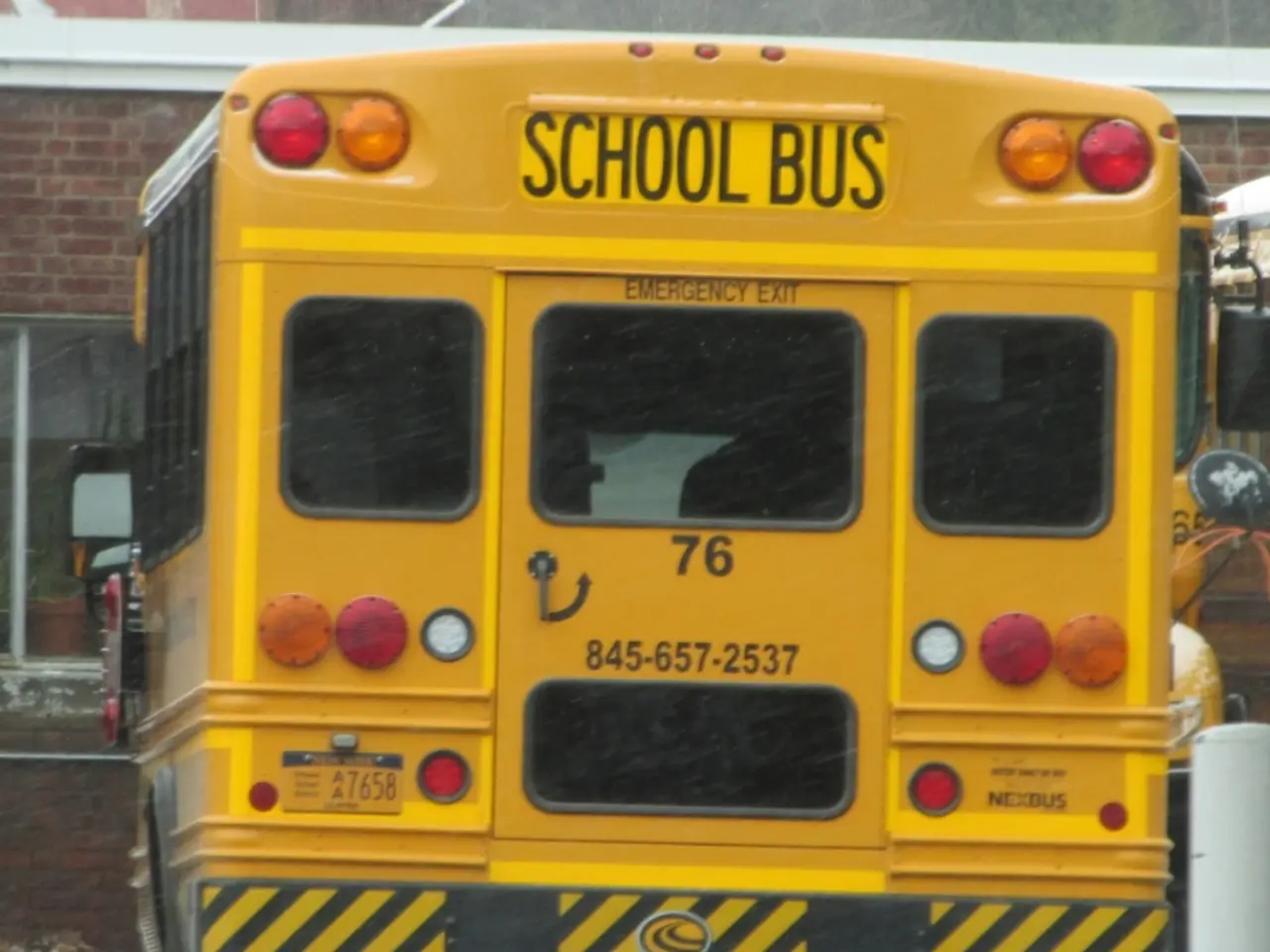Bavaria Is Scaling Back Financial Support for Full-Time Employment
In the Free State of Bavaria, a significant portion of federal funds allocated for the expansion of full-day primary school care remains untouched, amounting to approximately 461 million euros as of the end of July. This situation is primarily due to administrative delays, political priorities, and structural challenges within the state's education system.
The ongoing debate about the expansion of full-day schools in Bavaria has recently seen Uwe Brandl, Gemeindetagspraēsident (CSU), calling for less intervention by the regions in planning after-school care and lunch supervision. He suggests that regional governments should trust municipalities to plan these services without dictating structural details.
However, Uwe Brandl's demand for less intervention does not address the issue of bureaucratic hurdles that may be hindering the expansion of full-day care. Simone Strohmayr, SPD education politician, has previously stated that the funding for the expansion of full-day schools has not been brought to the schools in Bavaria.
The federal funding program for expanding full-day primary school care has been extended until the end of 2029, giving states more time to spend the allocated funds. However, Bavaria's rate of fund utilization remains low compared to other states. Key obstacles preventing efficient distribution and usage of the funds include state autonomy and education governance, political and administrative decisions, structural challenges in expansion, and legal and temporal flexibility.
The Ministry of Social Affairs claims that half of the primary school children in Bavaria are participating in an afternoon offer - open full-day, bound full-day, after-school care or lunch supervision. Yet, only 1.3% of the federal funding for the expansion of full-day schools has been claimed so far.
In response to these issues, the SPD demands that the state government better support the municipalities through the regional governments to keep track of the funding opportunities. Uwe Brandl, however, does not specify any consequences if his demand for less intervention is not met, nor does he mention the amount of funding that remains untapped or the percentage of the funding that has been claimed so far.
Bureaucratic hurdles must be removed, otherwise, the expansion of full-day care may fail before it becomes a legal entitlement from the school year 2026/27. The extended deadline for funding usage relieves immediate pressure but does not resolve underlying structural and political issues impeding distribution.
In the context of the ongoing discussion about the expansion of full-day schools in Bavaria, it might be beneficial for individuals who are interested in education-and-self-development to advocate for the application of more efficient management and distribution strategies for the allocated funds in the finance industry, particularly addressing the bureaucratic hurdles that impede the expansion. Simultaneously, professionals in the industry could voice their concerns about the untapped funds, such as the 461 million euros as of July 2021, and urge policymakers to prioritize the effective usage of these resources for the betterment of the education system.




